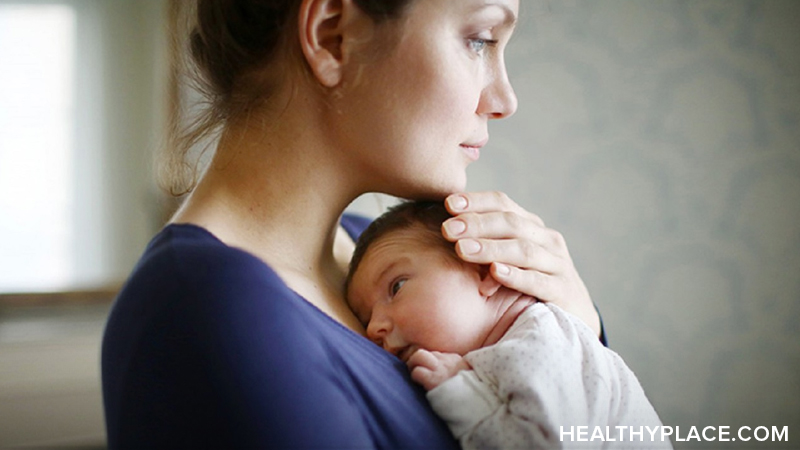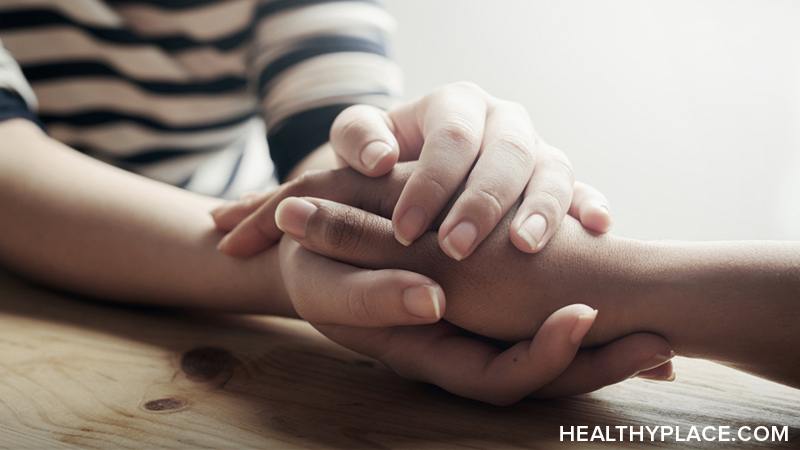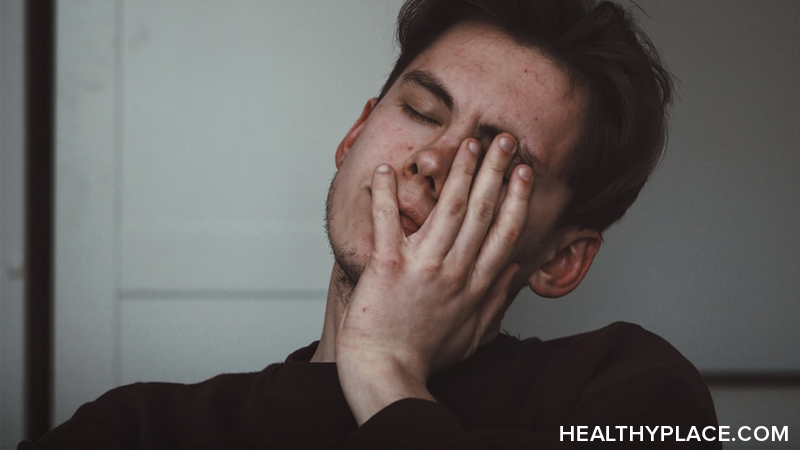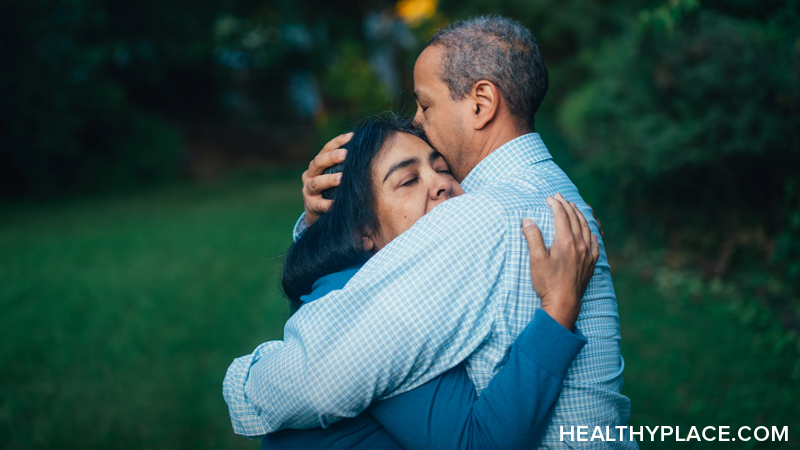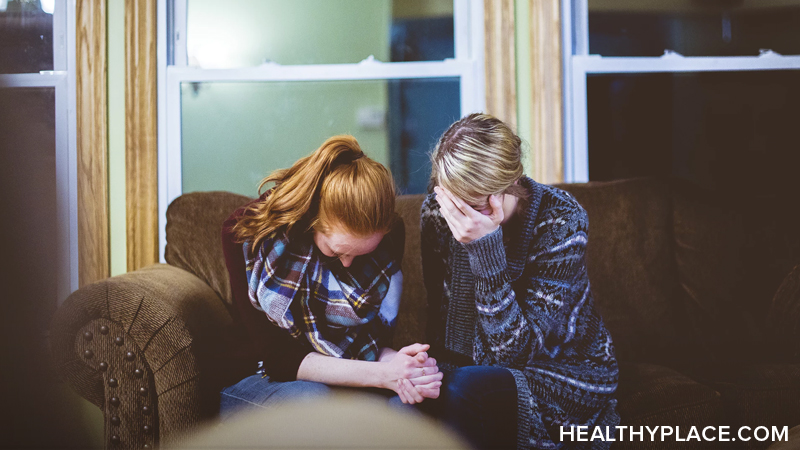How to Deal with a Depressed Spouse: I’m at the End of My Rope
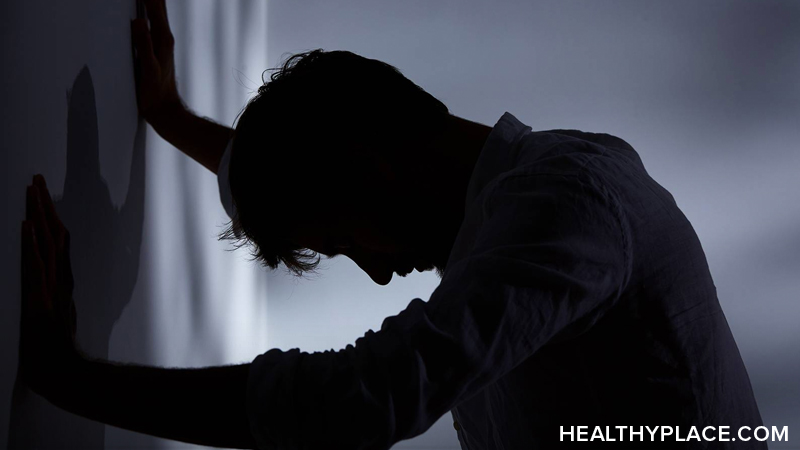
Knowing how to deal with a depressed spouse can be challenging. You probably feel like you’ve tried everything, and you’re at the edge of your coping abilities. When this happens, it can be frightening and confusing for both partners, especially if you don't have a support system. It's easy for two people to get locked in the world of mental illness and not be able to see a way out, which is why many partners of depressed people become depressed themselves. So, what do you do when you've reached the end of your rope? Let's explore how to deal with a depressed spouse without neglecting yourself.
How to Deal with a Depressed Spouse: The Basics
Wondering how to deal with a depressed spouse is something many people face at some time in their lives, and the answer is often complicated. That’s because depression itself is hard to understand.
It’s crucial, however, that you engage with what your partner is going through. Depression is no walk in the park. It is a debilitating illness that makes people feel like they're carrying a huge weight on their shoulders that they can't shrug off. It affects the body and mind in a variety of ways, causing insomnia, fatigue, stomach issues, changes in appetite, reduced libido and difficulty concentrating – to name a few.
Depression symptoms can vary in severity, from mild to moderate to major depression. A 2000 study by the Mayo Clinic found the rate of suicide in patients with depression was between 2 and 9 percent. Older studies using stricter definitions reported that the figure was around 15 percent. However, depression is highly treatable, so there is every reason to believe that your partner can and will get better.
With all of this in mind, here are some tips if you’re wondering how to deal with a depressed spouse:
- Encourage them to get help: You cannot treat your partner’s depression – that is the job of professionals. Depression treatment options include antidepressant medication, talking therapies and lifestyle changes. What’s more, studies show that 80% of people with depression start to feel better after 4-6 weeks of treatment.
- Know that you can’t force it: People only benefit from treatment if they’re ready to accept help and they want to get better. You can’t bully your partner into treatment (learn how to help a depressed husband or wife when they don’t want it).
- Avoid confrontation: It can be incredibly frustrating when someone doesn’t want to get help or pursues behaviors that make their depression worse. Studies show, however, that confrontation can actually make people more resistant to change, so broach the subject gently rather than pointing the finger.
- Be patient: Patience can be difficult to muster when you’re wondering how to deal with a depressed partner. However, many people recover from depression and go on to live healthy and fulfilling lives. If you want to remain in the relationship, you will need to be patient and give your partner time to heal.
How to Handle a Depressed Spouse When All Else Fails
Need to know how to deal with a depressed spouse but have no idea what you’re doing? Treating depression can be complicated – it's rarely as simple as popping a pill or showing up to therapy. With this in mind, what do you do when you feel like you’ve tried everything to treat your partner’s depression and they’re still not getting better? Here are some tips.
- Encourage them to get a physical: Knowing how to deal with a depressed spouse isn’t always your job. You may need to involve a healthcare professional if your partner’s depression is severe or resistant to treatment. A physical exam and blood work could reveal other causes of your partner’s depression, such as hypothyroidism, vitamin D deficiency, vitamin B-12 deficiency, insulin resistance or blood sugar imbalances, so this is an important step.
- See a specialist: If your partner is seeking treatment and they’re still not getting better, it might be time to see a specialist. Ask your partner’s doctor for a referral or search online for psychiatrists in your area.
- Get help: Being the partner of someone with a mental illness is tough, but you don't have to wonder how to handle a depressed spouse alone. Consider joining a support group for loved ones of people with depression or, if your partner's condition leaves them bed-bound, hire a caregiver to help out once in a while. Bring in family members to help out as much as possible, even if your partner resists. You need to make sure you're getting the right support for yourself as well as your spouse.
- Consider a lifestyle change: Knowing how to help a depressed spouse may involve a lifestyle change. Stress is one of the leading causes of depression, which is why many people consider a radical adjustment when their mental health takes a turn for the worse. Consider moving home or suggest your partner transfers to a different line of work. If radical change isn’t an option, look for everyday adjustments he or she could make – such as transforming their diet or joining an exercise class.
Knowing how to deal with a depressed spouse takes time, and the journey can be long and arduous. Ultimately, though, only you can decide what your boundaries are when it comes to your partner’s mental illness ("Depression and Relationships: When to Say Goodbye").
If you’re worried about your loved one, you can call the NAMI helpline at (800)-950-6264 for advice and support. If your partner is acutely suicidal, call The Suicide Prevention Lifeline (1-800-273-8255) or contact the emergency services immediately.
APA Reference
Smith, E.
(2022, January 3). How to Deal with a Depressed Spouse: I’m at the End of My Rope, HealthyPlace. Retrieved
on 2025, October 27 from https://www.healthyplace.com/depression/relationships/how-to-deal-with-a-depressed-spouse-im-at-the-end-of-my-rope

